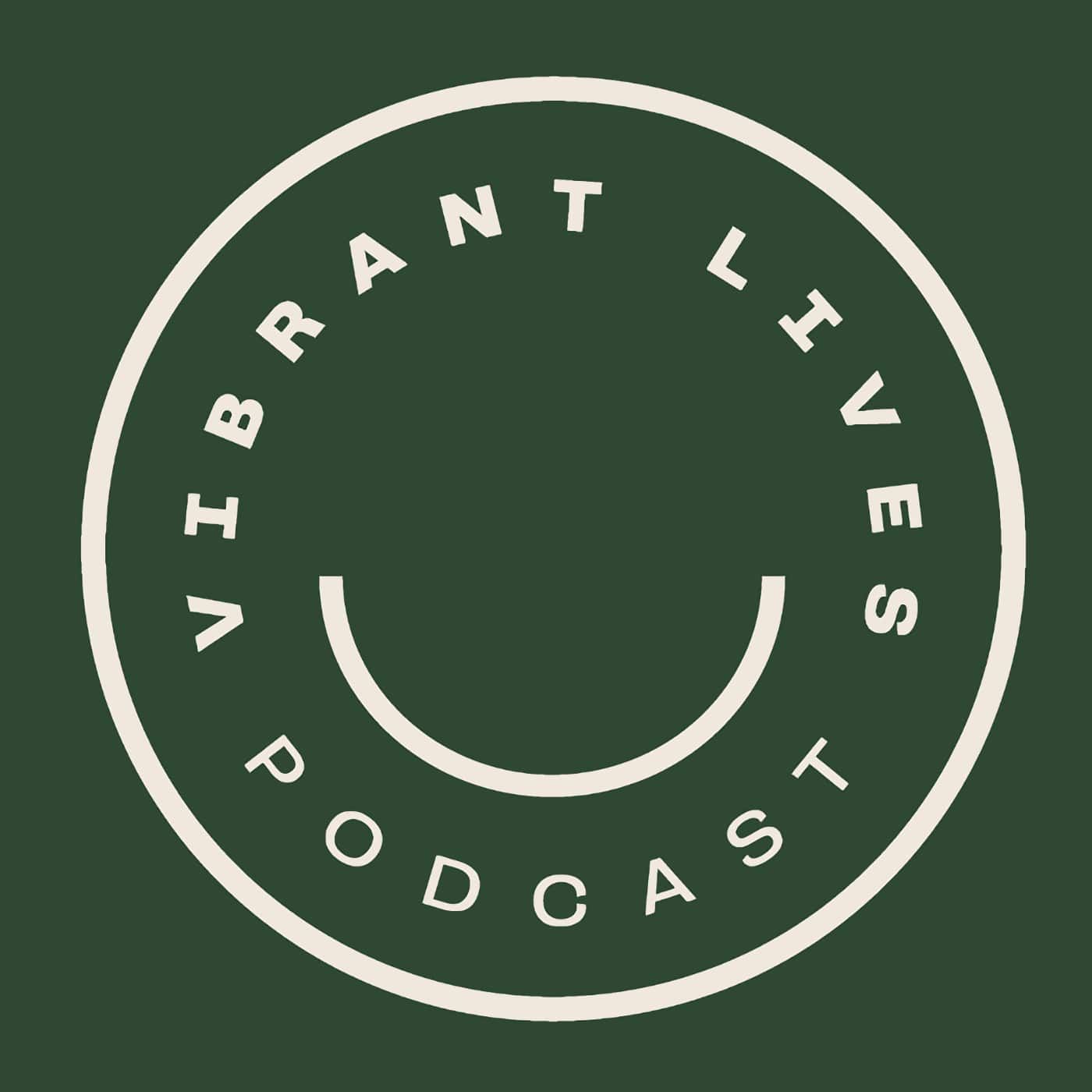Today’s podcast guest is Dr. Scott Coussens, a neuroscientist and sleep expert. This is quite a lengthy podcast because it turns out that when we are asleep; it is far from a passive state. Scott shares his wealth of knowledge starting with an explanation of the different stages of sleep like rapid eye movement (REM) sleep and non-REM sleep and how they differ. He then delves into the functions of sleep which include the body repairing itself by cleaning out metabolic waste and preserving the integrity of cells and how sleep helps us consolidate memories and therefore learn.
We discuss the optimal amount of sleep required and as you will learn (and probably instinctively know) there is no universally correct number of sleep hours. Many of us are fixated on 8 hours being the magic number - eventually I wrestle out of Scott that 7 to 9 hours of sleep is within the normal range for adults. He rightly points out that how much sleep a person needs depends on a range of factors including their age, sleep quality and activity levels.
We spend some time talking about adolescents and sleep; it is well accepted that their circadian rhythms shift causing a biological drive to want to go to sleep later and a need to wake later. It is fairly clear that school timetables do not accommodate this. Maybe it is time to rethink school start times?
Also, we discuss the acute and chronic effects of lack of sleep and various sleep disorders like sleep apnoea, narcolepsy and insomnia.
P.S. For a good night's sleep, lose the bed socks!
If you want to delve deeper into the fascinating topic of sleep, here is a link to published research Scott has been involved in:
Sleep scientist, Matthew Walker, has recently published "Why We Sleep: The New Science of Sleep and Dreams”. Click this link to read my review of his book: https://amandaswellbeingpodcast.com/books/


